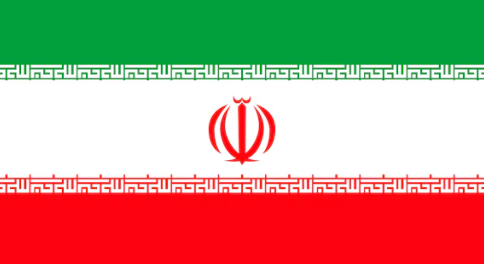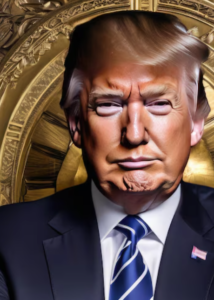$WTI $USD $BTC
#Iran #NuclearDeal #TrumpAdministration #MiddleEast #Geopolitics #OilMarket #Sanctions #USIranRelations #MilitaryTensions #EnergyCrisis #GlobalMarkets #Inflation
Iran is confronting one of its most precarious moments in decades as it navigates a confluence of economic, geopolitical, and military challenges. After a grueling 2024, Tehran finds itself grappling with diminished regional influence and an erosion of power in key spheres. The downturn is largely attributed to sanctions pressure, internal unrest, and external resistance. These strains are compounded by the expiration of the nuclear deal, which was a central pillar in staving off a collapse in diplomatic and economic relations with the international community. With U.S. President-elect Donald Trump preparing to take office, his historically hawkish stance toward Tehran raises concerns of renewed sanctions and intensified geopolitical tensions. These developments have already begun shaping market dynamics, with crude oil ($WTI) prices reacting sharply to renewed fears of disruptions in Middle Eastern supply chains. Additionally, the uncertainty surrounding this issue is set to weigh on investor sentiment, potentially driving volatility in key indices and the forex market with upward pressure on $USD.
The Iranian economy, already burdened by U.S. sanctions, political isolation, and low levels of foreign investment, has had little room to maneuver in recent years. In 2024, inflation soared into double digits, while unemployment remained persistently high, further aggravating public discontent. Iran’s diminishing oil exports, traditionally a key revenue source, have left the economy vulnerable to external shocks, especially shifts in the global energy market. The looming uncertainty about Trump’s policies signals further downside risks to the nation’s economic stability. Cryptocurrencies like $BTC may increasingly become an avenue for sanctions evasion, allowing Tehran to circumvent traditional financial channels. However, experts argue that such measures could fall short of bridging economic gaps or compensating for revenue losses from declining oil exports. Tehran’s ability to negotiate with global powers will be crucial as financial isolation limits both its ability to import essential goods and its capacity to wield regional leverage.
Geopolitically, Iran’s clout across the Middle East has receded, a trend reinforced by successful U.S. and Israeli covert operations, technological advancements, and dwindling support among proxy militias. Tehran has historically relied on its military deterrence and regional alliances to project strength. However, a string of setbacks in 2024—including attacks on critical infrastructure—have forced the regime to deprioritize regional campaigns in favor of maintaining internal stability. Heightened military tensions could further weigh on investor confidence globally, particularly in vulnerable oil-producing nations. Market participants are closely watching whether heightened risks could lead to supply chain disruptions that push Brent crude and $WTI prices higher. For Iran, maintaining territorial and economic control may come at a steep financial and social cost, risking further alienation from the international community and unsettling financial markets.
As 2025 begins, Tehran faces a pivotal turning point. On one hand, the leadership must decide how aggressively to confront mounting domestic discontent driven by a faltering economy. On the other, it must navigate a complex diplomatic landscape, particularly as the possibility of entering into a new nuclear agreement appears increasingly remote. Financial analysts warn that escalating tensions with the U.S. could have widespread implications, leading to inflationary pressures globally if oil prices surge. Meanwhile, investors may turn to haven assets like the $USD, gold, and potentially digital assets like $BTC, amplifying volatility in various asset classes. Tehran’s future decisions, especially regarding nuclear ambitions and regional alliances, will likely continue to influence not just its domestic trajectory but also broader economic and geopolitical outcomes, impacting global markets throughout the year.











Comments are closed.